As Africa continues to evolve into a dynamic hub of innovation, entrepreneurship, and economic potential, investors worldwide are turning their attention to the continent’s emerging markets. From fintech and renewable energy to agritech and digital infrastructure, several sectors are primed for rapid growth in 2025, driven by a young population, rising mobile penetration, improved policy frameworks, and increasing global interest in African solutions. This article focuses on the key industries shaping Africa’s investment landscape and highlights where smart capital is likely to flow in the year ahead.
Energy
Africa’s energy landscape is undergoing a significant transformation, with countries accelerating efforts to shift away from fossil fuels toward cleaner, more sustainable power sources. In 2025, nations like Kenya are expected to expand their geothermal capacity, while others will continue to harness the continent’s vast reserves of solar, wind, and hydroelectric resources. This pivot toward renewables not only supports energy independence but also offers lucrative opportunities for investors as new technologies enhance the efficiency and scalability of energy solutions.
According to the International Energy Agency, Africa requires approximately $200 billion in investment to meet its growing energy demands. Off-grid solutions, especially those targeting underserved rural areas, are expected to dominate investor interest in 2025.
Agriculture
Agriculture remains one of Africa’s most promising investment frontiers in 2025. While traditional farming continues to employ a large share of the population, the real opportunity lies in the shift toward value-added processing and industrial-scale agriculture. As consumer preferences evolve, especially toward healthier and organic food options, investors are drawn to innovations in sustainable farming, modern cold-chain logistics, and food manufacturing that enhance both efficiency and profitability.
In Nigeria, investments in agriculture are driving transformation across multiple value chains. The country is experiencing an expansion in rice and cassava processing, driven by modern agro-industrial parks and enhanced irrigation infrastructure. Aquaculture is also gaining momentum, with fish farming becoming one of the fastest-growing sectors in agribusiness. In addition, Nigeria is experiencing a rise in demand for locally sourced and branded food products, including premium snacks, natural oils, and organic produce, which cater to health-conscious consumers.
Healthcare
Nigeria’s healthcare sector presents a compelling investment opportunity in 2025, driven by a growing middle class and increased public awareness of the importance of preventive health. Nationwide health campaigns, often spearheaded by collaborations between the government, NGOs, and international agencies, are fueling demand for improved medical services. In response, private healthcare facilities are expanding rapidly, offering improved services to a population that is becoming more health-conscious and willing to pay for quality care.
Technology is also reshaping the healthcare landscape in Nigeria. Health-tech startups are leveraging telemedicine, AI-powered diagnostics, and mobile health platforms to bridge the gap between urban and rural healthcare delivery. These innovations are reducing operational costs, improving efficiency, and expanding access, making healthcare both more scalable and more profitable for investors.
In 2025, Nigeria is not only experiencing growth in local private hospitals and diagnostic centers but also attracting regional healthcare players seeking to establish a presence in West Africa’s largest market. With ongoing investments in infrastructure, digital health, and specialized care services, Nigeria’s healthcare sector is poised to deliver strong returns while improving lives on a large scale.
Fintech
Nigeria’s fintech sector continues to be one of the continent’s fastest-growing and most attractive areas for investment in 2025. With one of Africa’s largest populations and a rapidly expanding middle class, Nigeria is witnessing unprecedented adoption of digital financial services. Mobile banking, digital wallets, and payment platforms are revolutionizing the way individuals and businesses access and manage their finances, driving financial inclusion to new heights.
Innovations in lending, savings, and insurance are also gaining traction, with fintech startups developing tailored solutions that cater to both urban and rural populations. The rise of embedded finance and buy-now-pay-later (BNPL) services is further democratizing access to credit, especially for young entrepreneurs and small businesses.
Conclusion
As Nigeria’s fintech sector surges forward, the role of innovation hubs like The Hive Incubator becomes increasingly vital. By nurturing startups and entrepreneurs with mentorship, resources, and access to networks, The Hive is helping to build a new generation of African innovators who are redefining the continent’s financial landscape. Their support accelerates the development of cutting-edge solutions that not only drive economic growth but also promote financial inclusion and empowerment across diverse communities.









Leave a comment